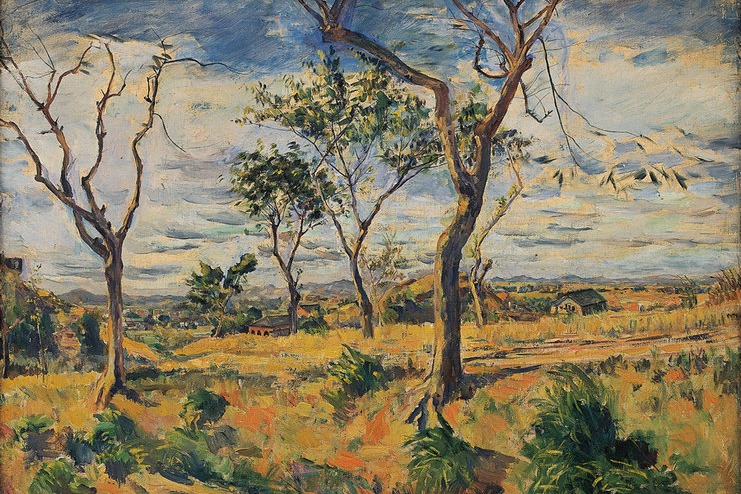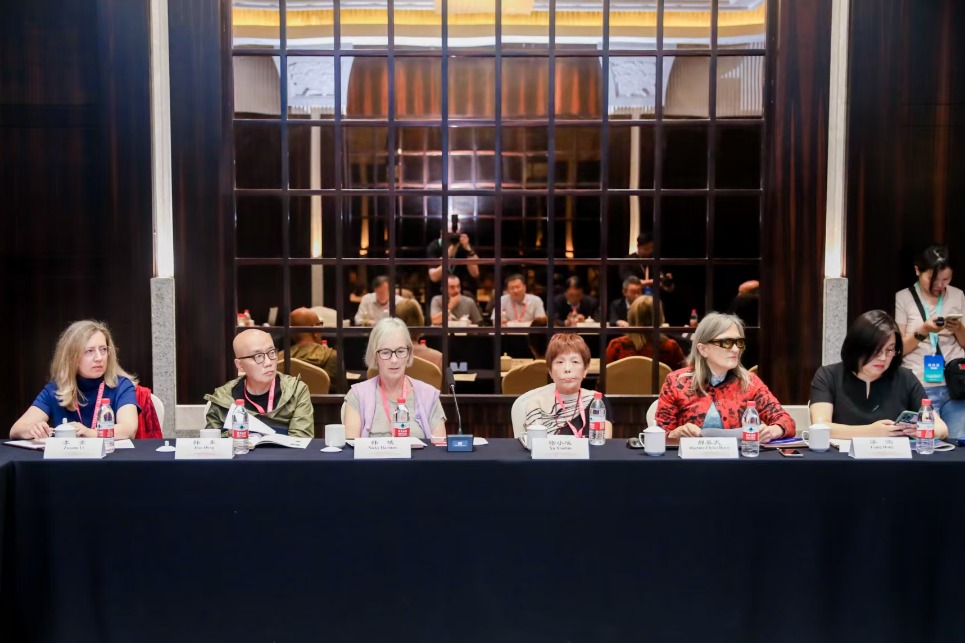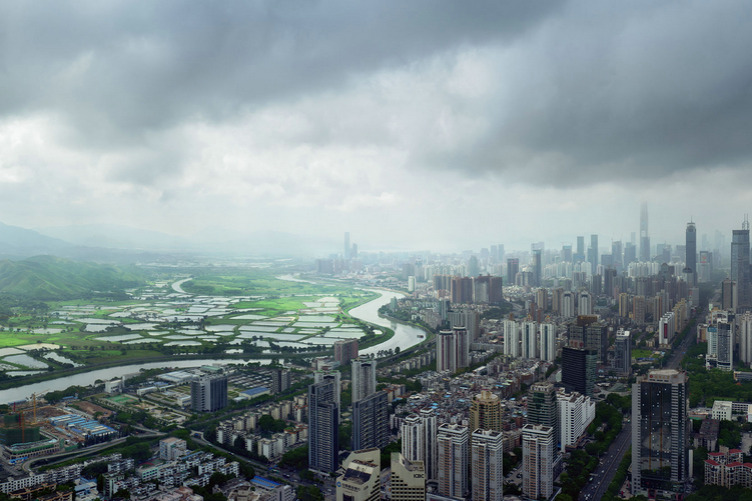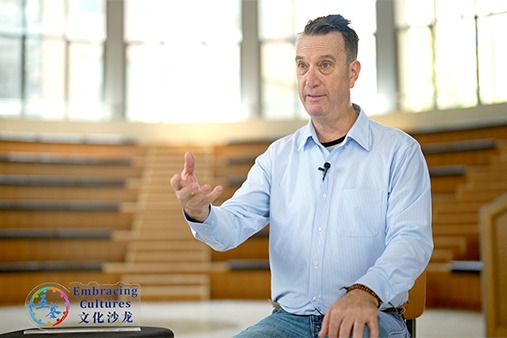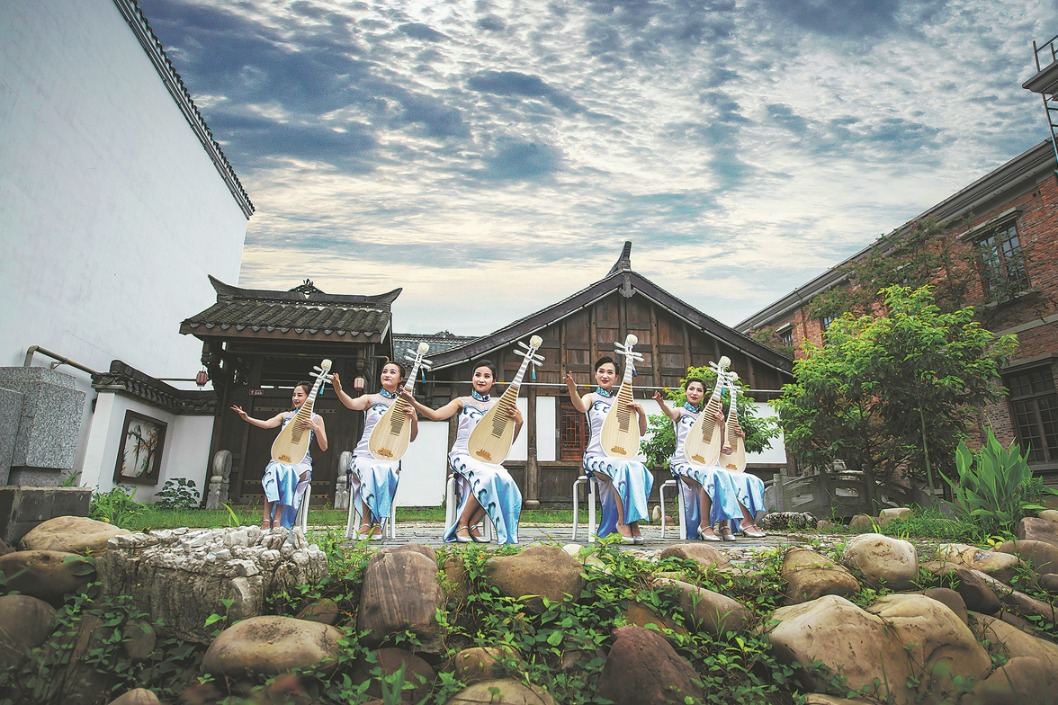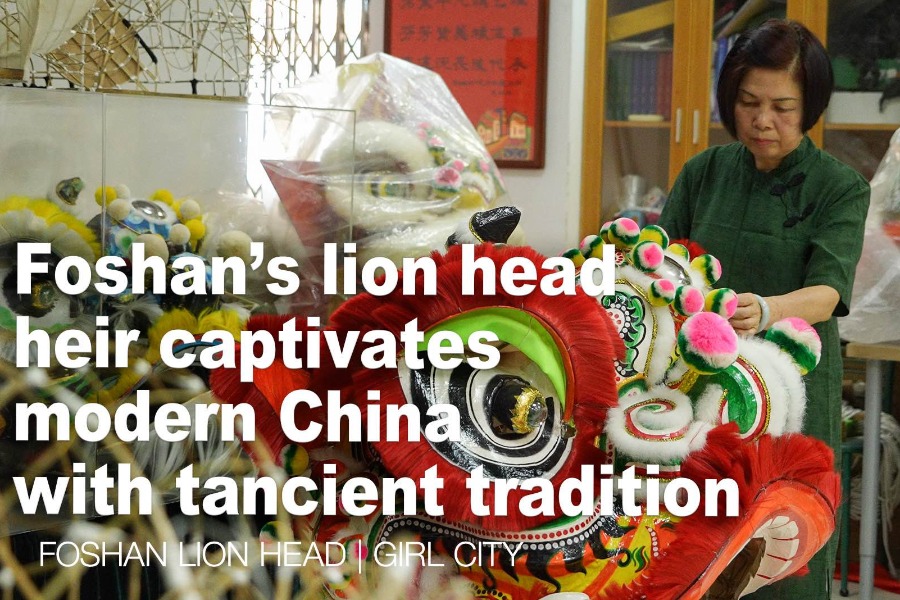Building on a legacy

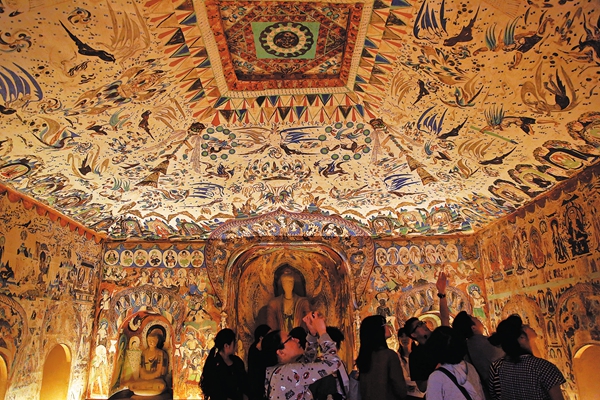
Harsh conditions
Fan was born in Beijing into a well-off family of intellectuals. She was appalled by the harsh living conditions in Dunhuang during her internship. Set in the Gobi desert, the offices and accommodation for the researchers at the Dunhuang Academy were built from earth, the drinking water was salty, and their children could not attend school due to the poor roads.
"I didn't expect to ever go back to Dunhuang again," Fan says.
However, just a year later, she did return. Back then, Chinese college graduates were assigned jobs by the government. Coincidentally or not, it seems her fate was inexorably tied to the Dunhuang Academy.
"My father wrote a long letter which he wanted me to pass on to my teacher," Fan recalls. "He was trying to persuade my teacher to assign me another job because he thought I was too fragile to bear that harsh environment.
"Well, I didn't pass on the letter," she says. "I had vowed to make contribution to our country and I could not refuse the assignment because I was needed there."
Fan adds she did not expect it to become her life's work.
Her research work led her to spend a near hermit-like existence in the grottoes, where she was tasked with documenting and categorizing the caverns, analyzing the artistic and historical value of the murals, and conserving and researching the origins of the fragile earthen relics she found there.
After she married her college classmate Peng Jinzhang in 1967, things got even tougher. Peng was assigned to work in Wuhan University in Hubei province and the couple had to live separately.
"Frankly speaking, I wanted to leave Dunhuang," Fan recalls. However, when she finally got the chance to move to Wuhan, she hesitated. "When I began to understand the artistic importance of the masterpieces in Dunhuang, how could I leave without doing something?"
She finally decided to stay, and, after living separately for 19 years, Peng left the archaeology department he helped to set up at Wuhan University, and joined his wife at the Dunhuang Academy in 1986.
The couple's reunion not only brought Fan huge emotional support, but also an outstanding colleague in her field. Peng's archaeological research in the northern sector of the Mogao Caves filled many of the gaps in Dunhuang studies.


















